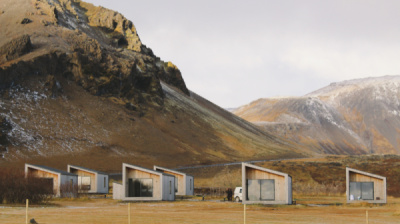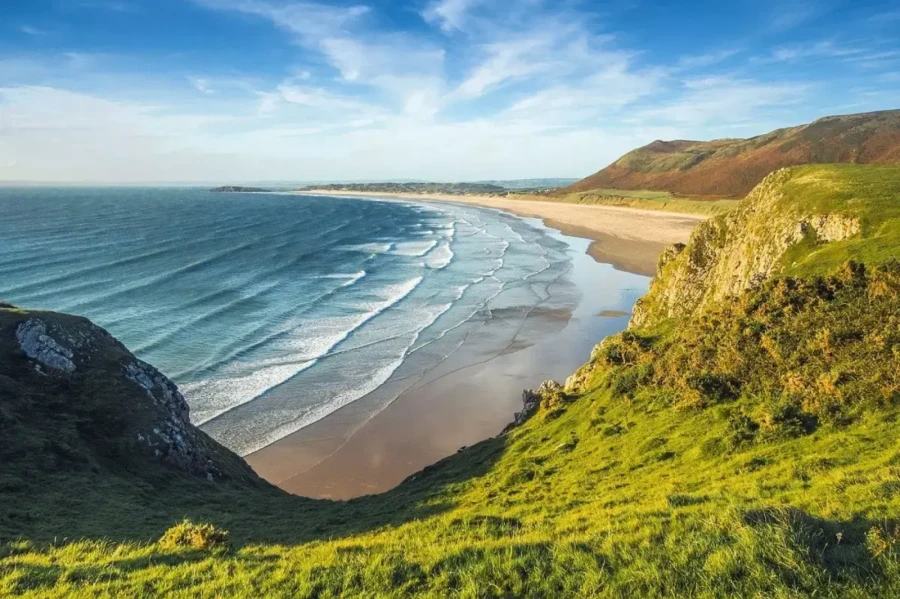Doing our part, one website at a time
We believe good web design should work for your users - and the environment too. That’s why we prioritise sustainable practices in every project we deliver: creating websites that are lighter, faster, and more energy-efficient by design.
Our websites are, on average, 67% lighter than the global average, meaning they load faster, perform better, and use significantly less energy with every page view. It's a small change with a big impact - reducing your digital carbon footprint without compromising on quality, usability, or performance.
Why website sustainability matters
The internet is a massive consumer of energy—using over 400 terawatt-hours per year. Every visit to a website consumes electricity: from servers powering the site, to networks transferring the data, to the device displaying it.
Heavier, slower websites burn through more energy unnecessarily. But by designing smarter, optimising better, and choosing greener hosting, we can help minimise the environmental cost of being online—while still building beautiful, user-friendly websites that support your organisation's goals.

What makes a website more sustainable?
We build every website with sustainability in mind:
Lightweight design and code
We write clean, efficient code and keep pages streamlined to avoid unnecessary bloat.
Optimised images and media
We compress and optimise media files carefully - maintaining quality without sacrificing speed.
Efficient user journeys
Good user experience isn’t just about looks - it’s about making it easier for users to find what they need quickly, reducing load times and data use.
Sustainable hosting
Wherever possible, we use hosting providers powered by renewable energy and efficient server infrastructure.
Better for users, better for you
Sustainable web design isn’t just good for the planet - it’s good for you too.
- Faster-loading websites improve user experience and boost engagement.
- Lightweight sites perform better in search engines like Google.
- Energy-efficient websites help reduce your organisation’s overall carbon footprint.
- Cleaner, simpler sites are easier to maintain, scale, and evolve over time.
Small decisions made well today add up to a better digital future - for your users, your organisation, and the planet.

